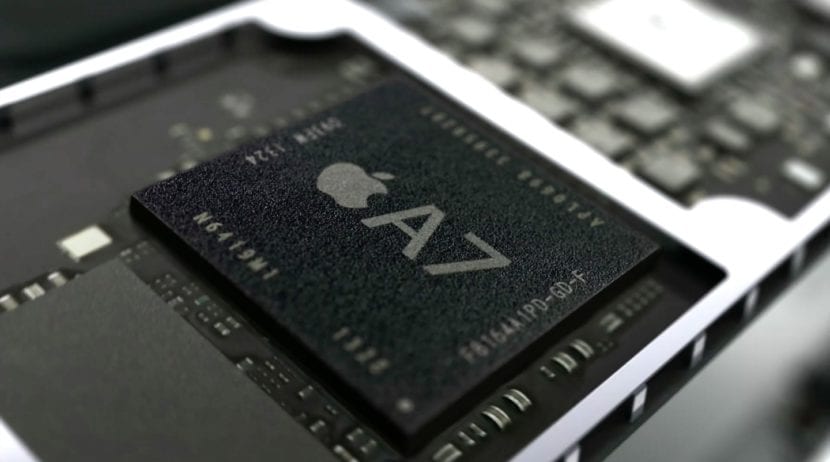
In 2005 Apple asked Intel to develop a processor for his smartphone project, which would be the original iPhone, obtaining from the large computer company the refusal from its assured positioning with the processors for PCs. At that time, Intel failed to see the possibilities of and that higher growth would show to the detriment of laptops and desktops.
It was then that Apple looked for other solutions for its successive iPhone models and opted for efficient processors from a still unknown company that had managed to position its business by focusing on mobile technology. Through the architecture licenses and thanks to the modular design, ARM allows its customers the possibility of creating chips adapted to their devices based on the excellent energy efficiency of its technology, one of its strengths.

Since Intel lost the battle against processors for mobile devices ARM -of which it has an architecture license-, and after denying the possibility of breaking his alliance with Apple, the company has entered a financial crisis which seems to have led her to understand the evolution of the market with an increasingly clear trend towards convergence. The high price of its processors and the growing relevance of smartphones and tablets led to Intel to develop adapted processors to the current needs with a consumption of energy and resources more adapted to the devices: the Atoms; perhaps too late, since the company has announced that it is leaving the mobile market.
Why would Apple swap Intel for ARM processors?
El high cost Intel processors, frequent delays in the tech giant's production, and recent security issues experienced by Apple with the pirate attack attempts and the San Bernardino incident, could be the defining mark to take the development and implementation of their own processors with ARM technology across all iMac and Macbook ranges.
According to Ben bajarin, from the team of Creative strategies, in its last interview with Apple, the firm would have focused on the protection of user and environment data to ensure that the key point of your devices, security, is not affected by the recent incidents mentioned.

ARM processors developed for iPhone and iPad have shown great stability in terms of power, efficiency and safety, which could lead those in Cupertino to make the final decision to migrate Mac OS X to ARM technology and power control the security of your equipment at all levels.
The rumors have not stopped since 2014 and it is confirmed that this great leap will be inevitable, however we cannot venture an approximate date, given that the performance and power of the processors Intel is still superior to ARMs, so Apple will need time to get a technology that fits perfectly in all its products.